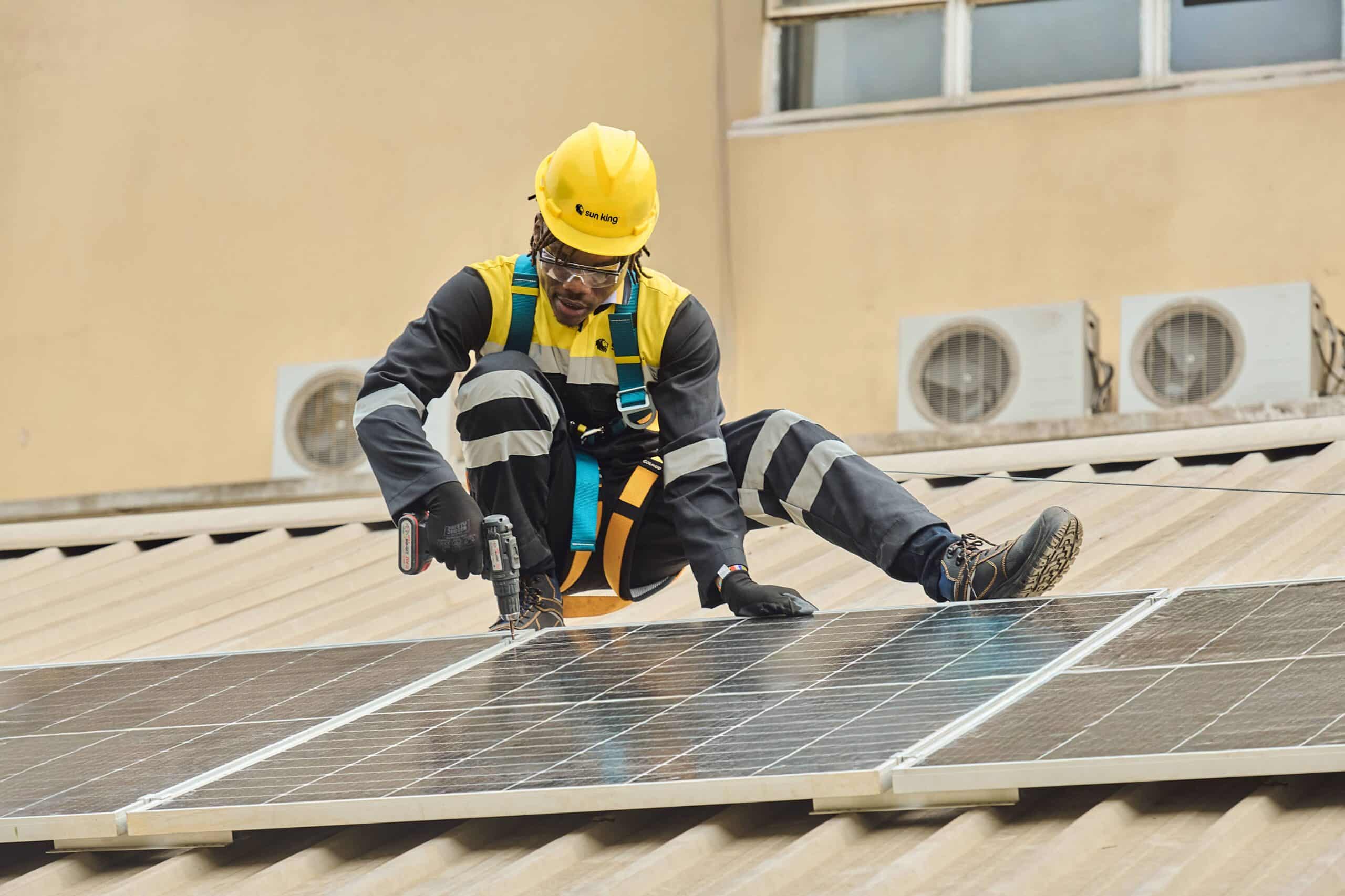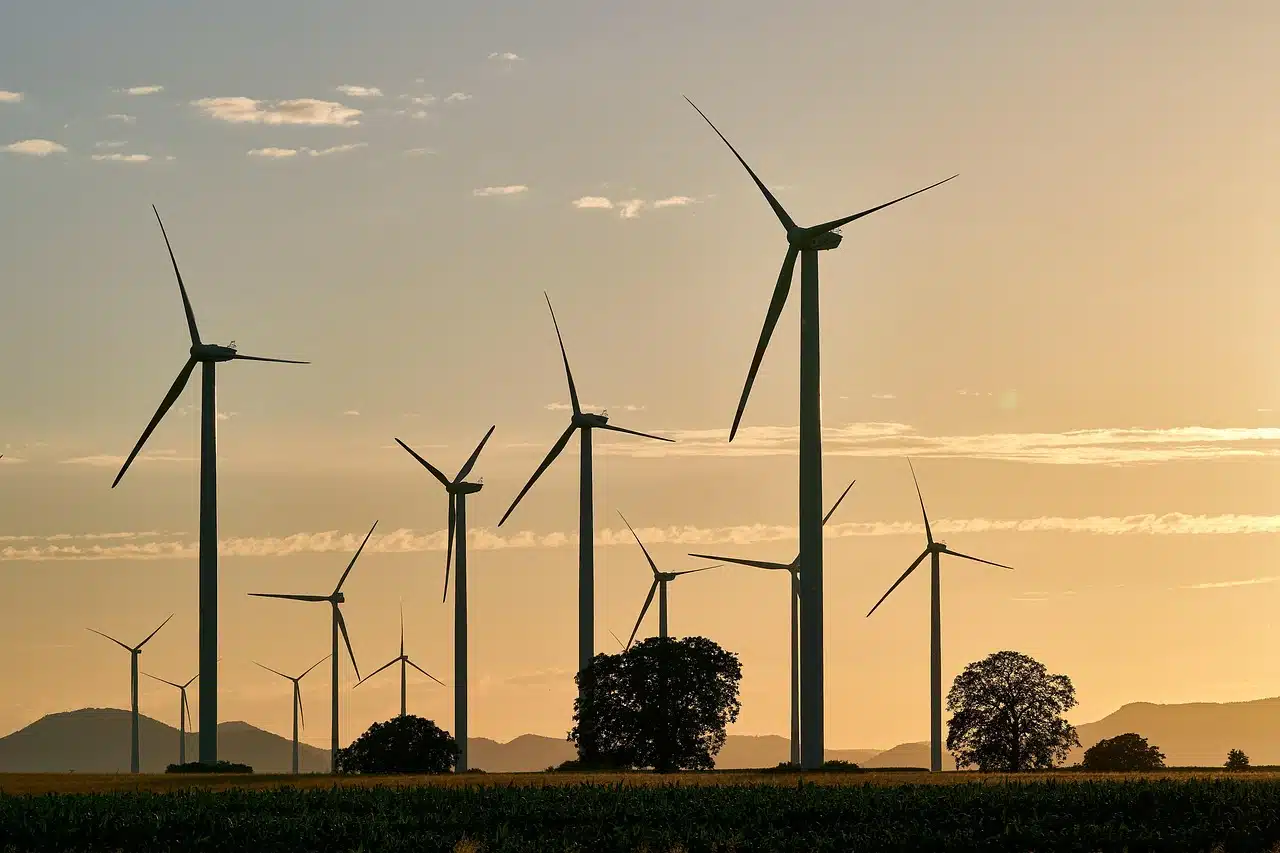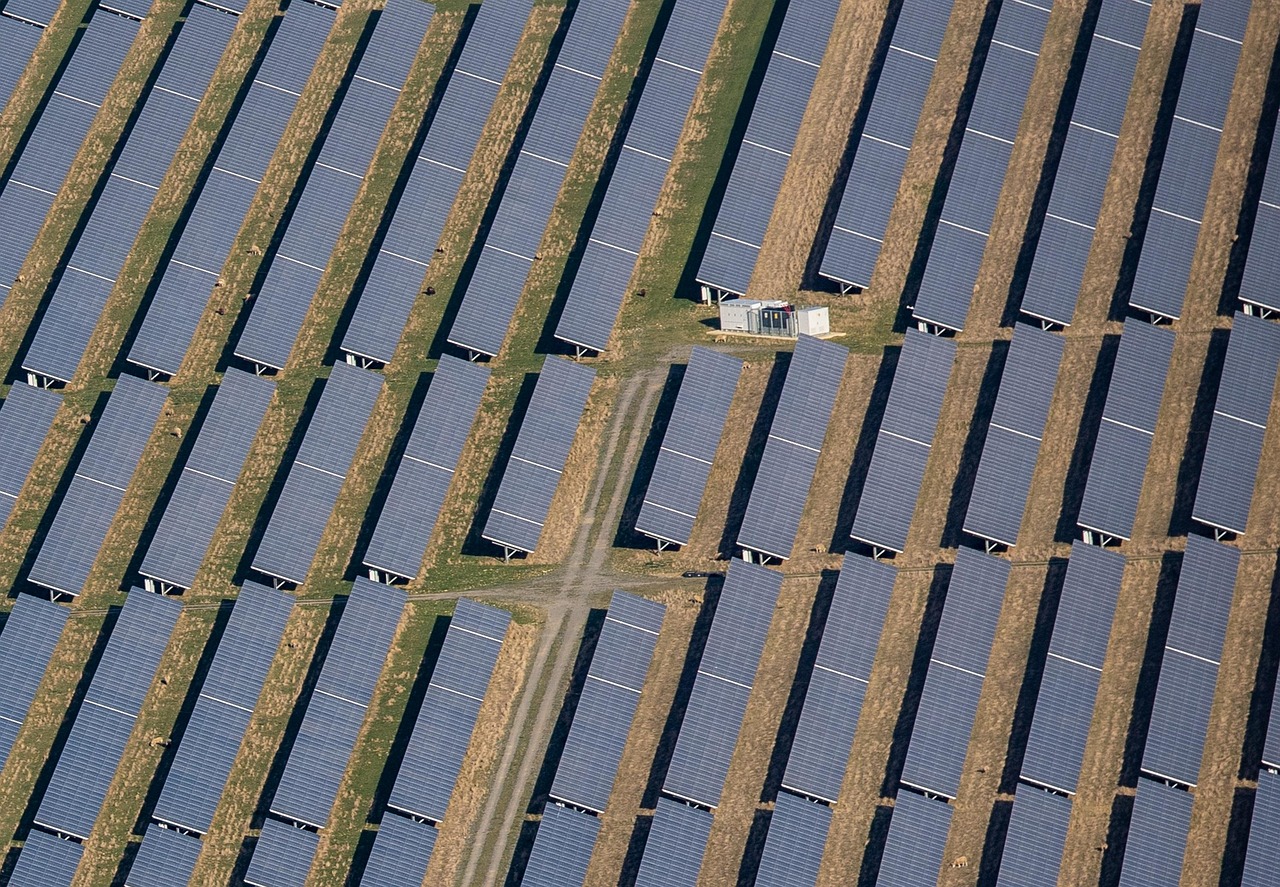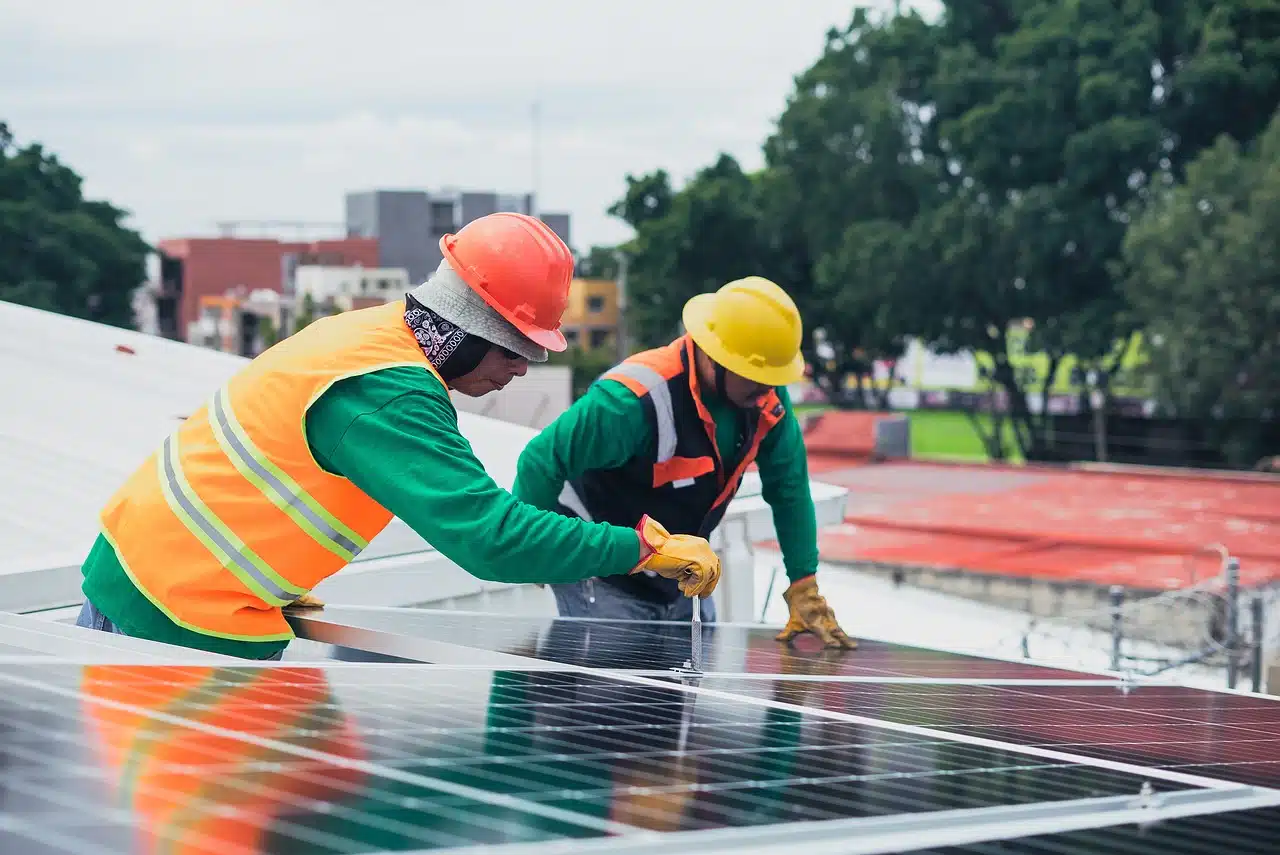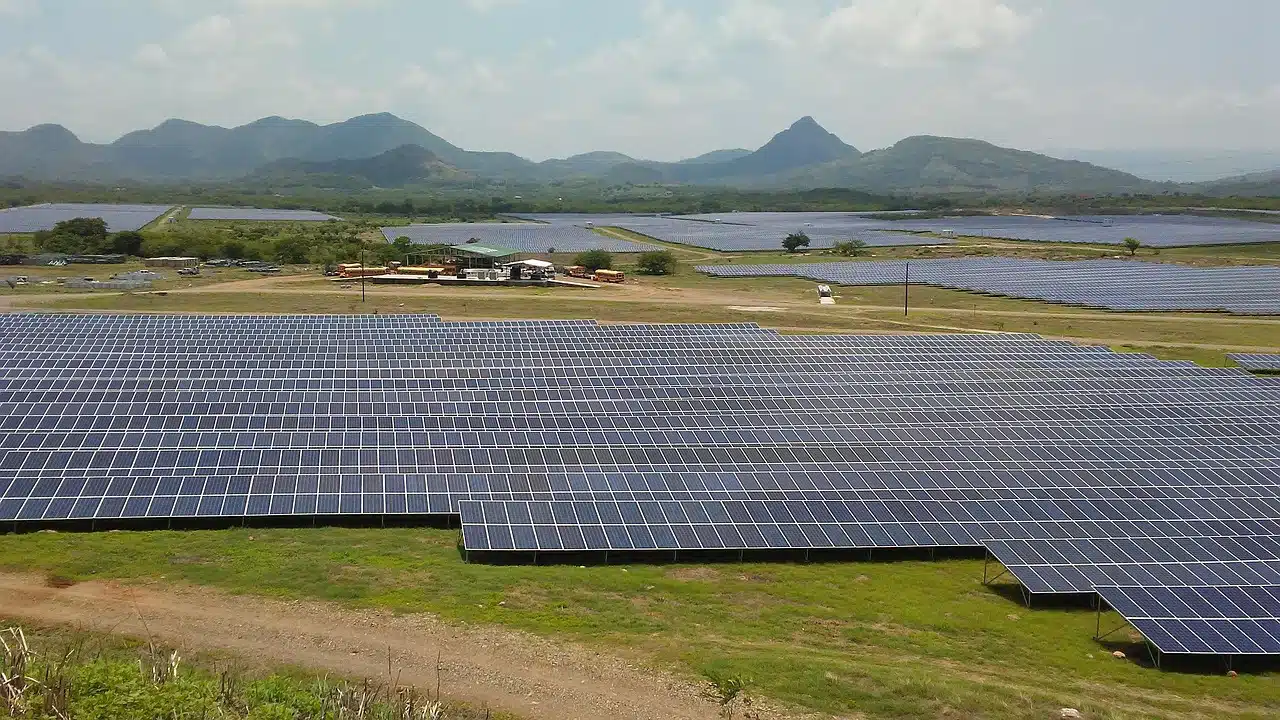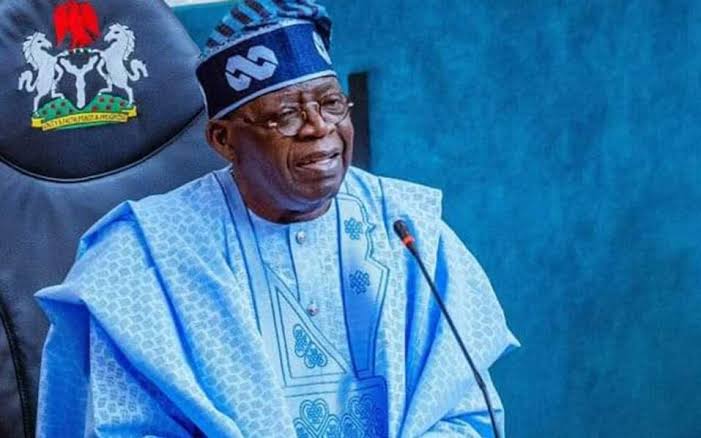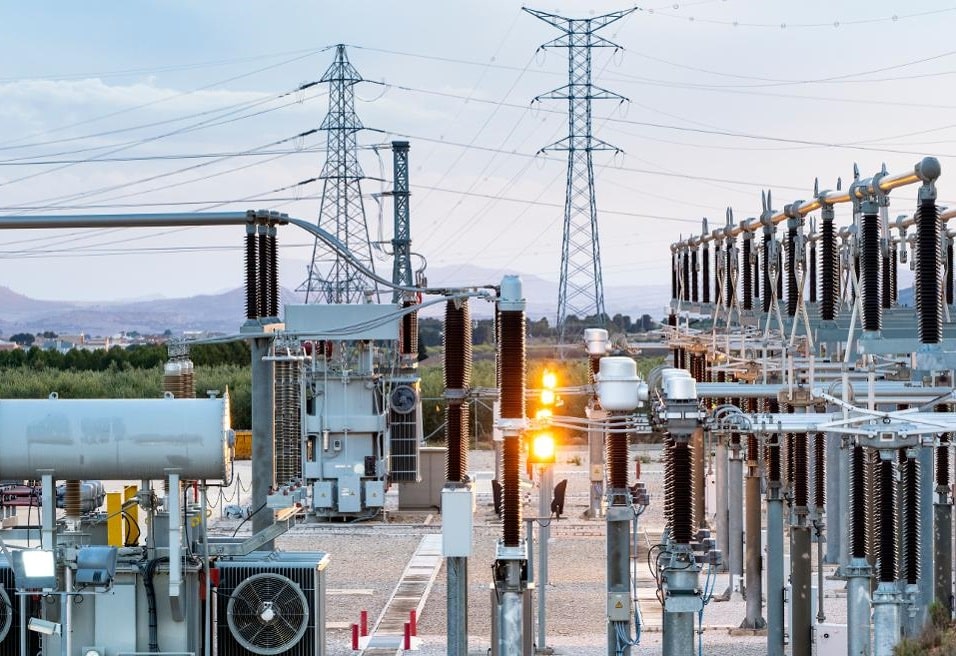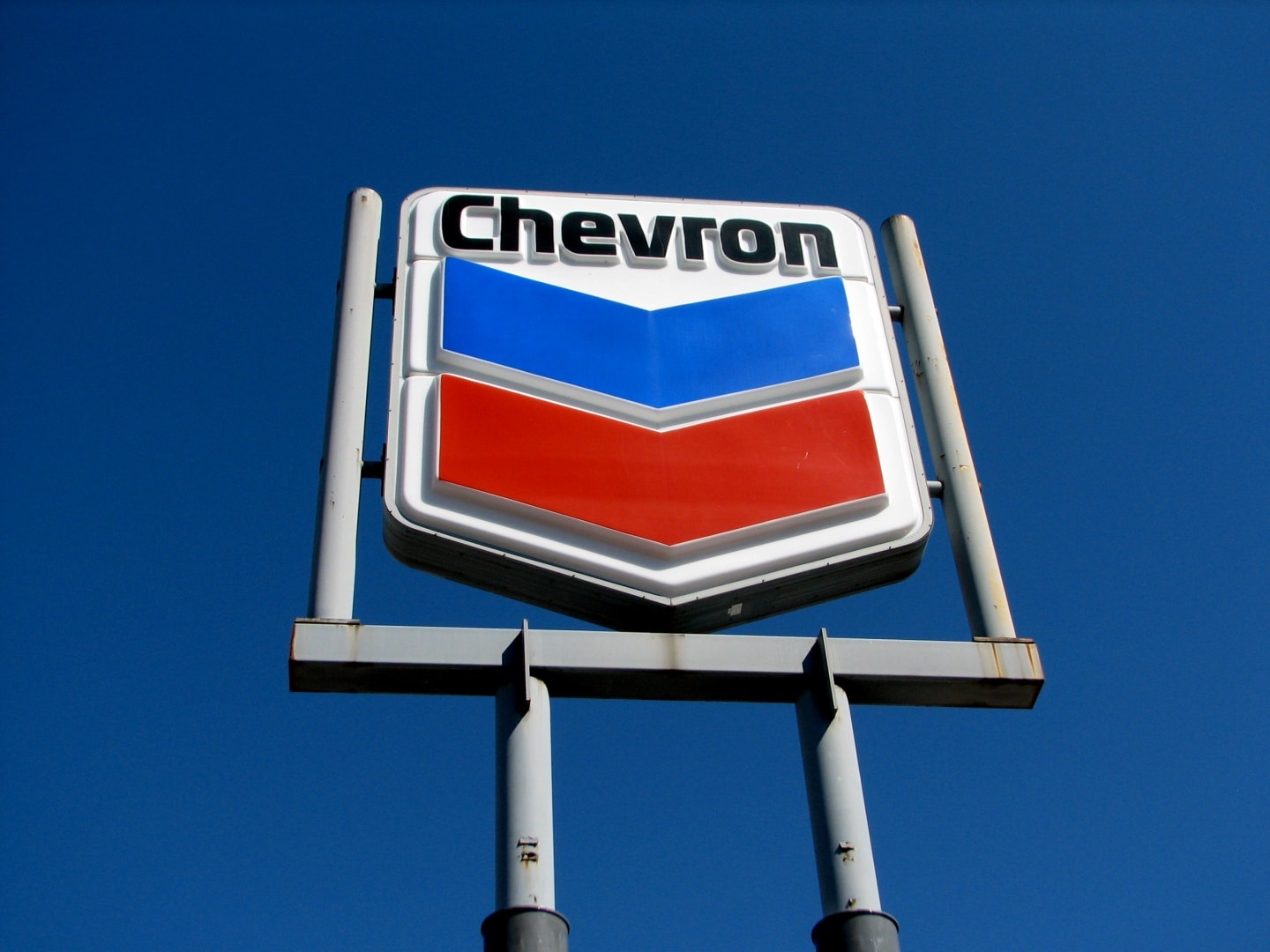Off-grid solar company Sun King has announced plans to establish manufacturing operations in Kenya and Nigeria as part of efforts to expand renewable energy access and boost local production across Africa.
The company said the move will help reduce logistics costs, shorten supply chains, and create jobs by moving manufacturing closer to its end markets.
Sun King, which produces and finances solar home kits and appliances such as smartphones and televisions, currently sells about 300,000 solar kits monthly across Africa.
The company’s first manufacturing plant will be located in Nairobi, Kenya, with an initial capacity of 700,000 units per year and room for expansion.
Chief Executive Officer, Patrick Walsh, said the initiative will help Africa build industrial capacity in the renewable energy sector.
The planned Nigerian facility will come in a later phase and remains at an early planning stage.
Sun King recently signed a Memorandum of Understanding (MoU) with the Rural Electrification Agency (REA) to explore local manufacturing opportunities under Nigeria’s ‘Nigeria First’ policy.
The policy, introduced in May 2025, aims to increase local participation in the renewable energy value chain and promote industrialisation.
The agreement will see both parties collaborate on the local assembly of solar products, strengthen technical cooperation to improve sector efficiency.
It was also jointly promote standalone solar systems as a key component of Nigeria’s renewable energy strategy.
Sun King projects that local production could substitute solar imports worth over $150 million within five years.
The company said the partnership aligns with the Mission 300 goal to connect 300 million Africans to electricity by 2030, supporting Nigeria’s energy access and industrialisation targets.
Background
In 2023, Sun King partnered with Citi on a $130 million securitisation deal to expand access to solar panels for off-grid households in Kenya.
The partnership allowed customers to purchase solar home systems on credit, with upfront costs financed by Citi and five other investors, including British International Investment (BII) and Absa Bank.
The securitisation model converts Sun King’s receivables future payments from customers purchasing products on instalments into tradable securities.
This allows the company to raise long-term capital from institutional investors while keeping products affordable for low-income households.
The initiative has been described as a blueprint for sustainable energy financing in Africa.
Kenya served as a pilot market due to its large off-grid population and advanced mobile money ecosystem, which supports pay-as-you-go energy systems.
Related development
Nigeria’s broader push for local value addition continues with the upcoming launch of two lithium processing plants backed by Chinese firms.
Minister of Solid Minerals Development, Dele Alake, said a $600 million facility near the Kaduna-Niger border and a $200 million plant near Abuja will begin operations this year.
The projects, funded by Jiuling Lithium Mining Company and Canmax Technologies, are part of efforts to deepen domestic processing and support the country’s clean energy manufacturing agenda.
Earlier, Energy in Africa reported how Nigeria is attracting investors in its green energy sector, highlighting growing interest from global renewable firms and local partnerships driving industrial growth.

